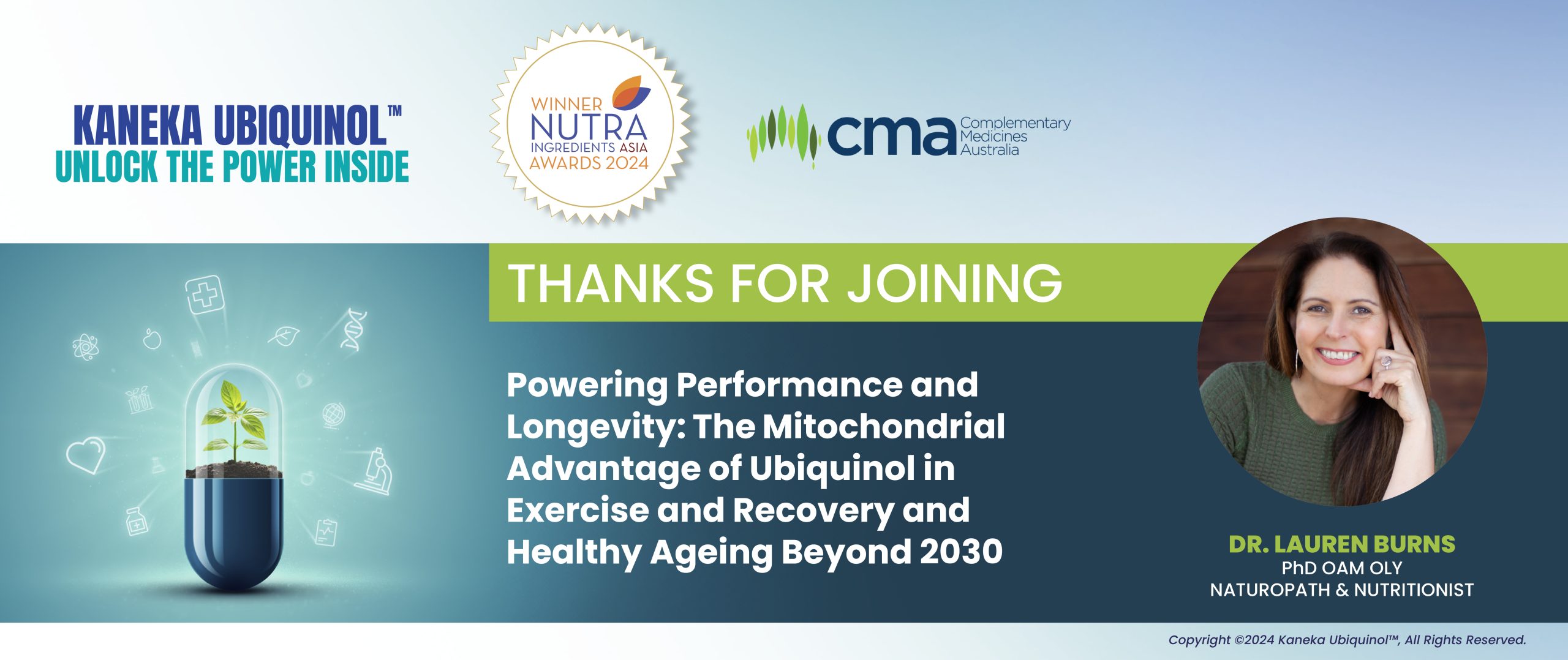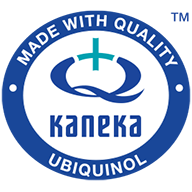The Antioxidant Role of Ubiquinol
Nov 2018Recent Article
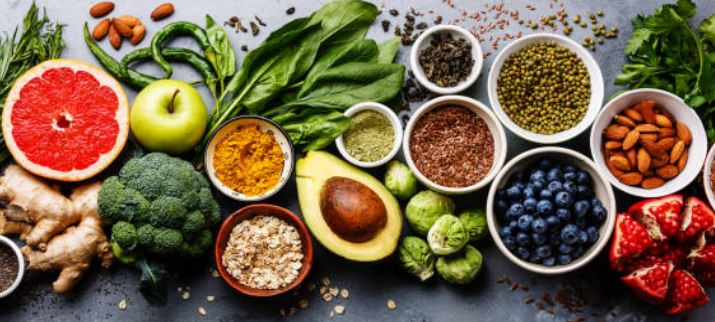
We all know the world is filled with stress, pollution, pesticides and the like. So it’s important we’re conscious about the impact these factors can have on our heart and health, and what can be done to combat this.
A longstanding catchphrase in the health food industry, antioxidants are nutrients that can help, particularly if you’re consuming enough on a day-to-day basis.
But what are antioxidants? They’re naturally occurring chemicals that – by neutralisation – help to prevent or slow down some of the oxidative damage done to our body caused by free radicals (which are by-products of when our body cells use oxygen).
Antioxidants are predominantly found in foods like fruit or vegetables as vitamins (like vitamins A, C, and E), minerals carotenoids (like copper, zinc, and selenium), polyphenols (found in dark chocolate, red wine, tea and coffee), isothiocyanates (found in broccoli, radish, turnips, and cauliflower), zinc (found in seafood, lean meat, chickpeas, milk, cashews and almonds) and Coenzyme Q10 ‘CoQ10’, among others.
And while antioxidants are said to be less effective when isolated from food and presented in a supplement form, supplements are a great option as an add-on to a well-balanced diet to help boost your antioxidant intake (yet, you should always speak to a health practitioner before adding a supplement to your diet)1.
An option is Ubiquinol, the active (more readily absorbed) form of CoQ10. A powerful antioxidant that is found naturally in the body. Its role is to extract energy from food and assist in powering the body’s overall energy levels as well as supporting the health of major organs, including the heart!
Taking Ubiquinol or CoQ10 supplements are an efficient way to help restore healthy levels of Ubiquinol in the heart and body, support optimal energy levels, and help to reduce oxidative stress.
- Rahman K. Studies on free radicals, antioxidants, and co-factors. Clinical Interventions in Aging. 2007;2(2):219-236.
You can share this by:
Keep up-to-date with Ubiquinol News
Ubiquinol Headlines

Retail Pharmacy: Healthy Ageing in the Spotlight
Apr 2025Category: Ageing, Antioxidants, APP, Conference, Conferences, Endurance, Health, Health Industry, healthy ageing, Immunity, In The News, Mitochondrial health, Nutrition, Online, Stress, Ubiquinol, Vitamins, wellnessRead More
Retail Pharmacy: The Impact of Loneliness on Heart Health
Apr 2025Category: cardiovascular health, dr ross walker, Heart, In The News, Mitochondrial health, Online, UbiquinolRead More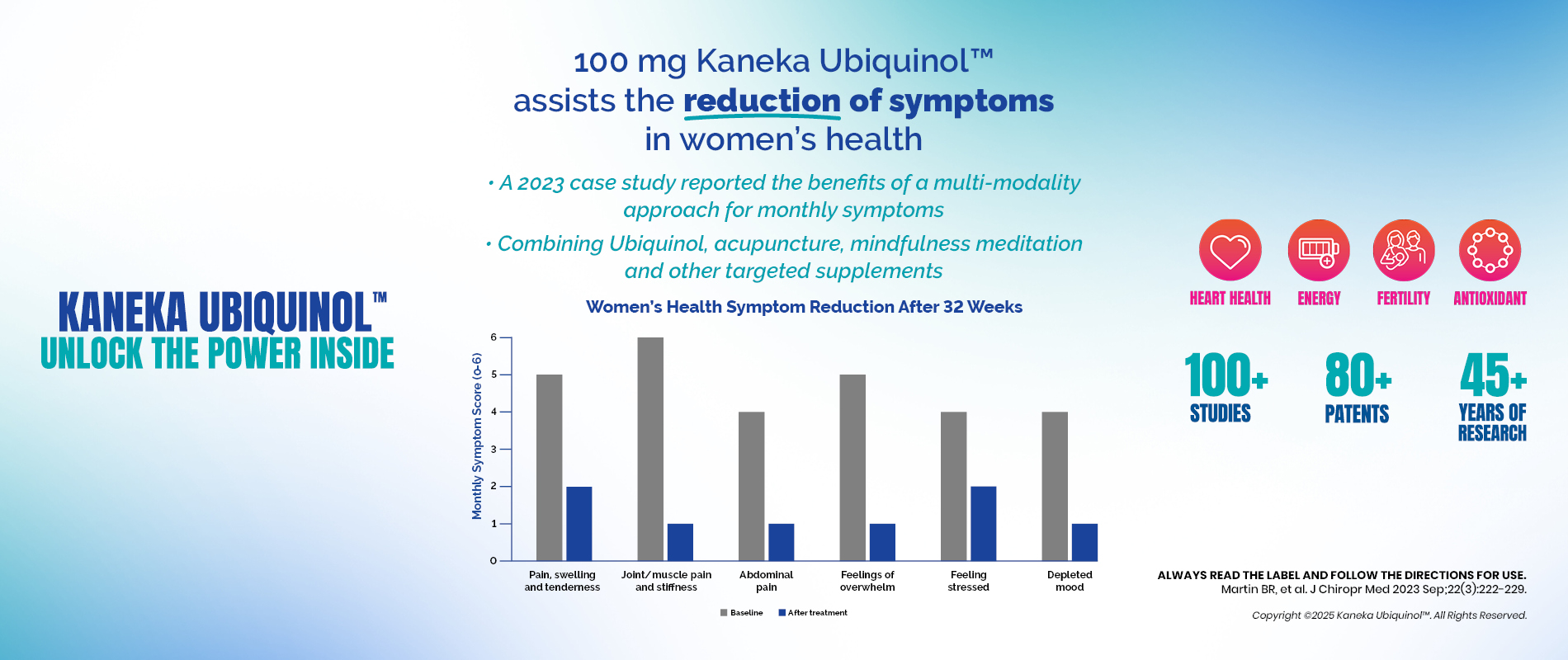
Ubiquinol for Women’s Health
Apr 2025Category: Ageing, Antioxidants, Fertility, Kaneka, Mitochondrial health, Ubiquinol, wellness, Women's HealthRead More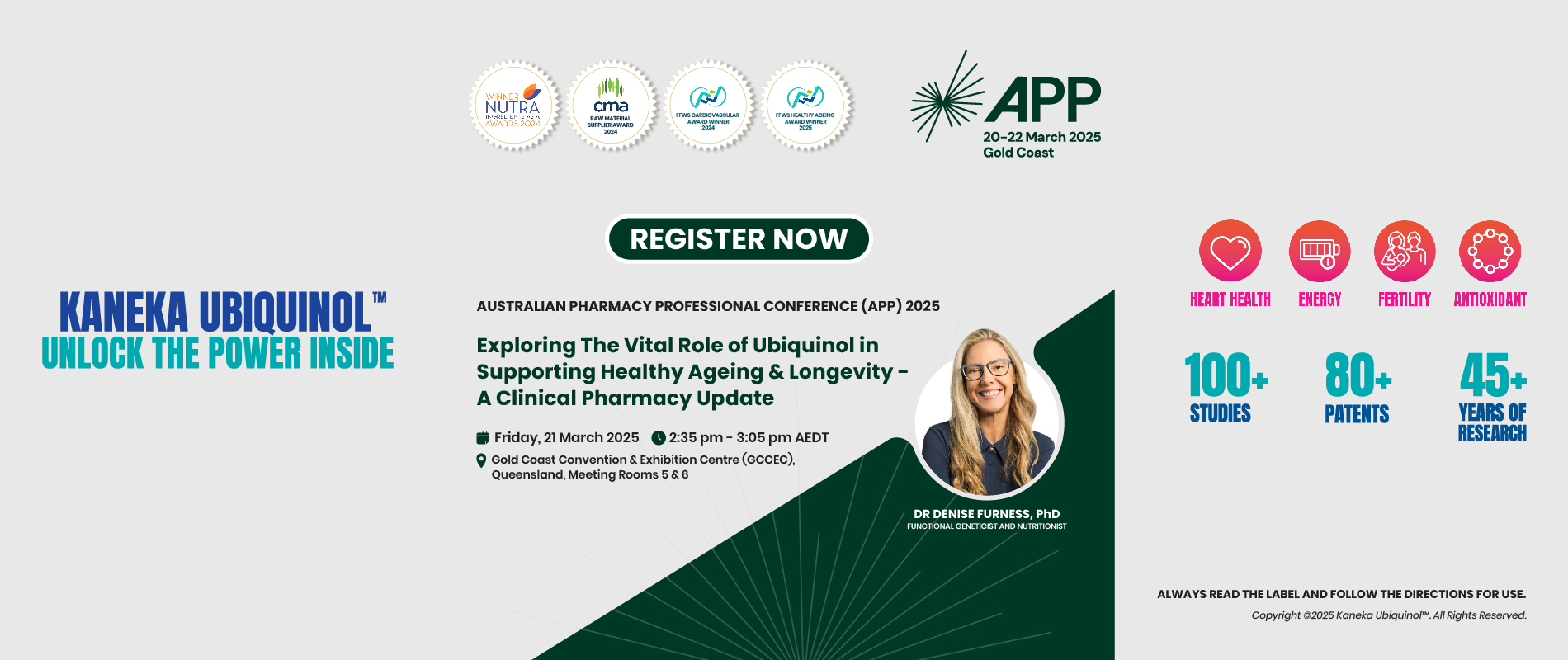
Kaneka Ubiquinol™ at APP 2025: Advancing Healthy Ageing & Longevity
Mar 2025Category: Ageing, Antioxidants, APP, Conference, Conferences, Energy, Fatigue, Health, Health Industry, healthy ageing, Kaneka, Mitochondrial health, Nutrition, UbiquinolRead More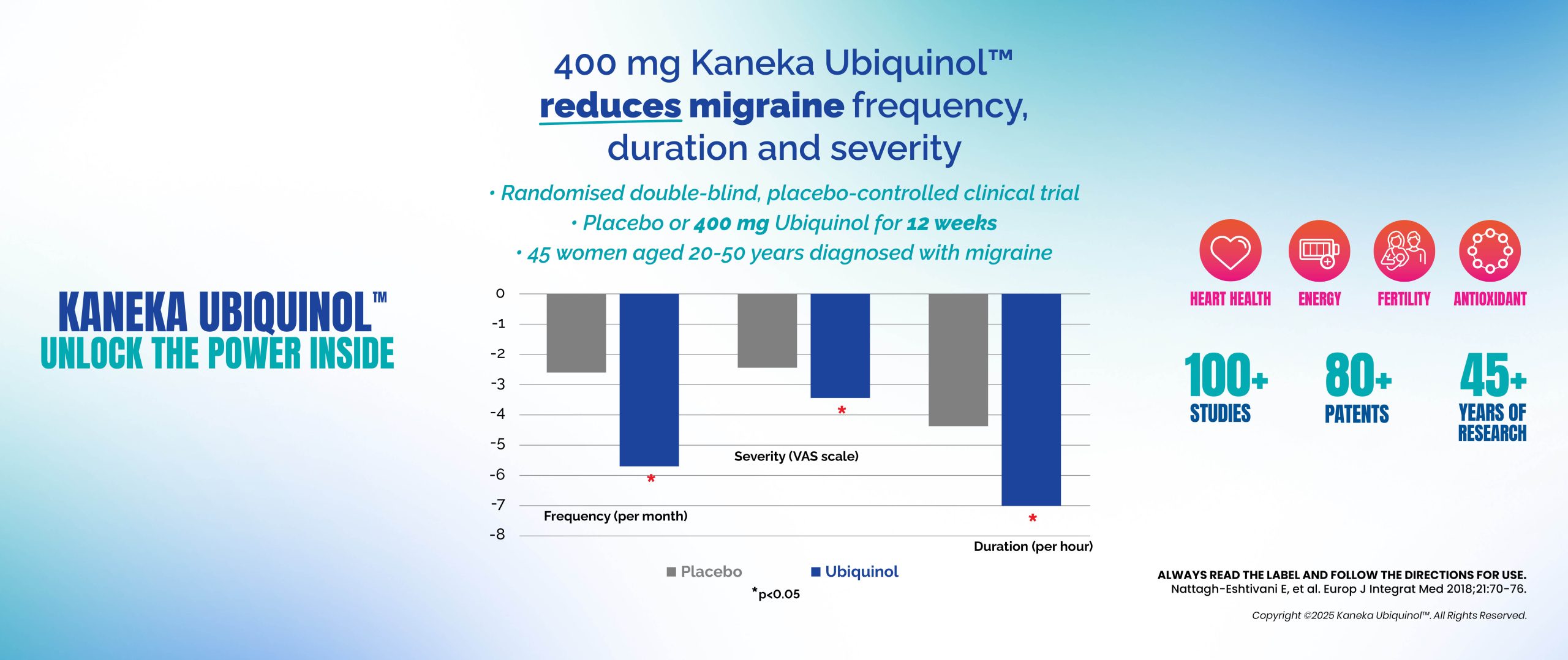
Ubiquinol: Supporting Migraine Relief Through Cellular Energy
Jan 2025Category: Antioxidants, complementary medicine, Energy, Fatigue, Health, Health Industry, healthy ageing, Kaneka, Mitochondrial health, Nutrition, Stress, Ubiquinol, Vitamins, wellnessRead More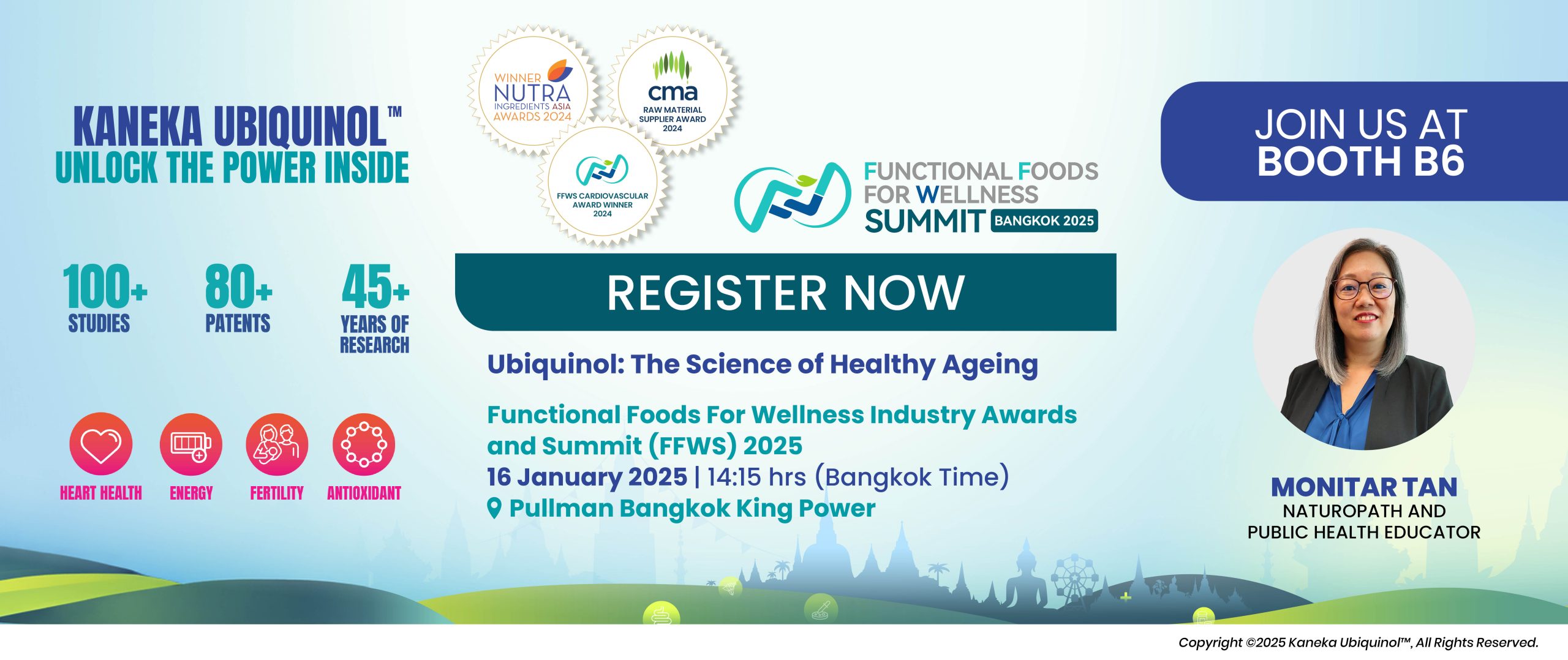
Kaneka Ubiquinol™ at Functional Foods for Wellness Industry Awards and Summit, #FFWS2025
Jan 2025Category: Ageing, Antioxidants, Awards, cardiovascular health, Conference, Conferences, Energy, Fatigue, FFWS2025, Health, Health Industry, healthy ageing, Kaneka, Menopause, Mitochondrial health, Nutrition, Ubiquinol, VitaminsRead More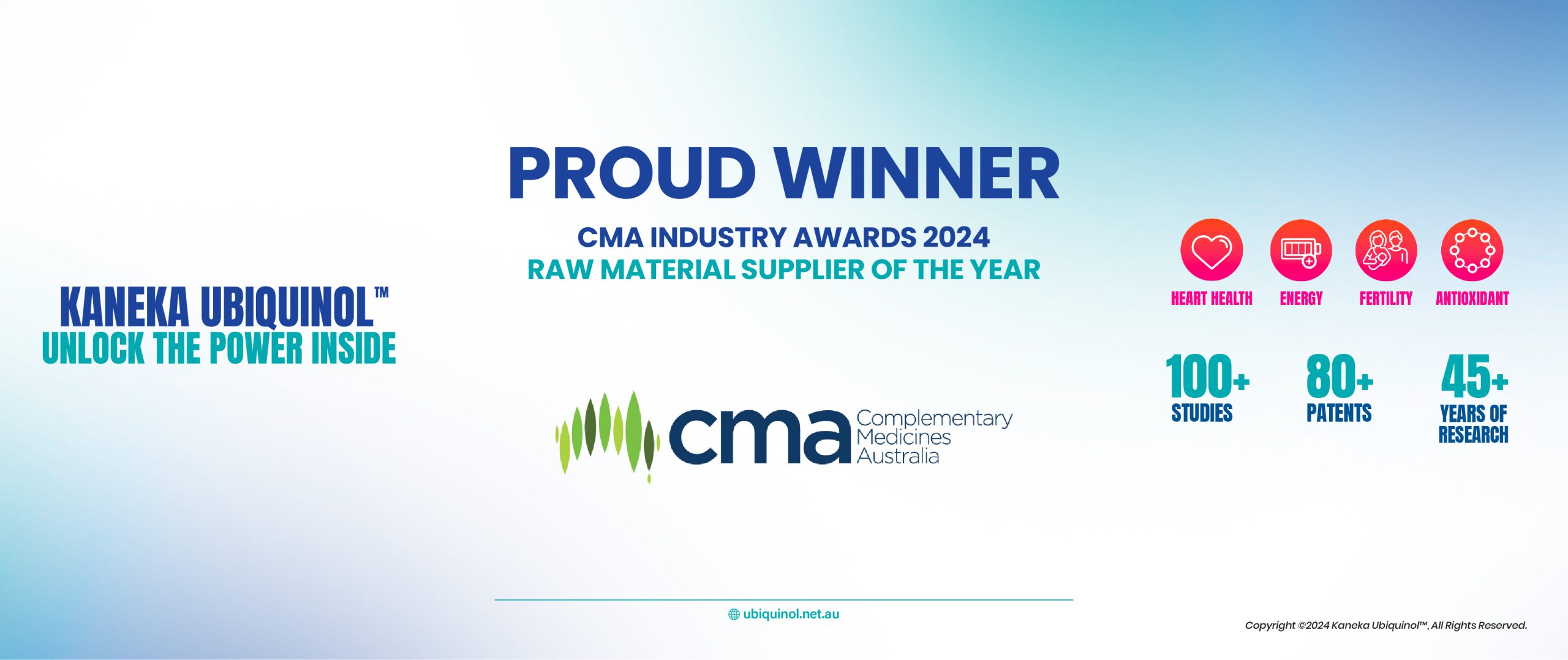
Kaneka Ubiquinol Wins Prestigious Complementary Medicines Raw Material Supplier of the Year Award 2024
Dec 2024Category: Ageing, Awards, cardiovascular health, complementary medicine, Conference, Conferences, Endurance, Energy, Fatigue, Fertility, Fitness, Health, Health Industry, healthy ageing, Heart, Immunity, In The News, Kaneka, Lungs, Memory, Mitochondrial health, Nutrition, Online, Stress, Ubiquinol, Vitamins, wellnessRead More